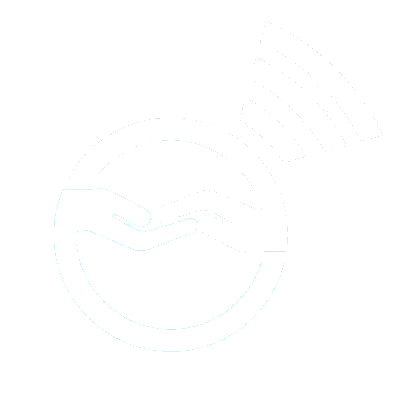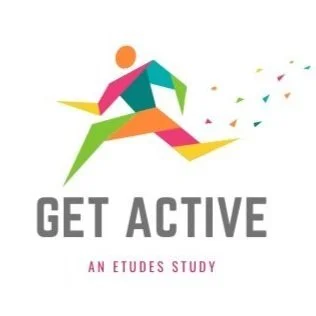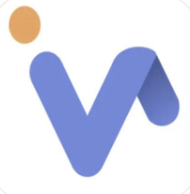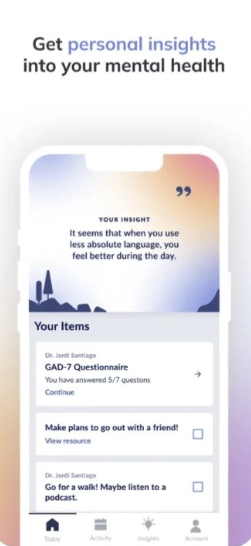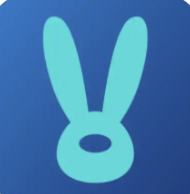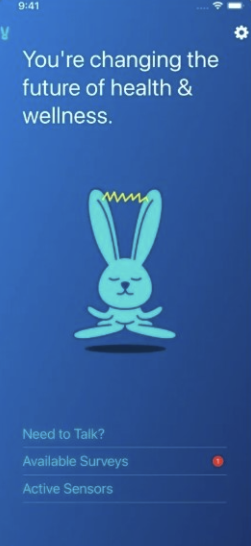Geospatial and Ecological momentary assessment Technology and Activity Engagement for at-risk youth (GETActivE)
GETActivE is a program designed to help teens ages 12-18 feel more enjoyment and reduce symptoms of depression by focusing on anhedonia, which is the reduced ability to feel pleasure and is a major factor in depression and suicidal thoughts. The program encourages teens to overcome the avoidance of activities and instead take part in actions that bring them joy. Its effectiveness is boosted by using mobile technology that tracks the teen’s behavior. The study combines three key parts: a digital app called Vira that helps teens learn which behaviors support their wellness, the EARS app which monitors their activity in the background of their device, and personalized support from a health coach. The study focuses on ensuring the program is practical and effective for youth facing anhedonia; researchers are using ongoing feedback from teens, caregivers, and providers to ensure this.
Project Background
In recent years, the risk of suicidal thoughts and behaviors among youth has become increasingly concerning, with rising suicide rates pointing to a growing mental health crisis. This trend underscores the urgent need for interventions that are sensitive to the experiences and challenges faced by today’s youth. It is crucial to understand why suicide rates are increasing because this shows that current prevention efforts may not be effective for everyone, especially since youth can face unique challenges that can be overlooked. Recognizing anhedonia as a key risk factor allows us to better identify and support young people who may be struggling in less obvious ways.
ClinicalTrials.gov ID
FAQs
-
Teens will be placed into one of two groups and use one of two apps.
Those in the intervention group will use the Vira app alongside a health coach. The health coach will help them set goals related to physical activity, social interactions, or hobbies that they find meaningful, while the teen answers a daily question about how much they enjoyed the previous day.
Teens in the control group will use the EARS app, which also asks a daily question, but does not include coaching support.
Both apps run in the background and collect information such as phone activity, location, sleep patterns, and more to help understand their behavior.
-
This study is testing whether an app called Vira, combined with support from a health coach can help teens with depression enjoy activities more.
-
Teens aged 12-18 who are already enrolled in the ETUDES Center Pediatric Primary Care study and who have reported lower enjoyment or interest in activities.
-
Participation in GA lasts up to 12 weeks, but the main center last 1 full year.
-
No. Your teen can continue with any current treatments while participating in this study.
-
Participants may be selected for a final interview and may receive $50 for their time. There is no payment for simply using the apps or working with the health coach.
-
Information will be collected passively from participant’s phone, meaning it runs in the background once the app is installed. Participants will also have to answer a daily question to keep the app active. The question will be, “How much did you enjoy yesterday?” and pops up once per day.
Data collection from Vira and EARS does not interfere with your teen’s ability to use their phone normally.
Passive information collected by the apps includes:
Text: the apps include a special keyboard (called a “keyboard logger”) that will collect the words your teen types on all apps on their phone (text messages, social media, searching, emails). The person onboarding your teen to the app will help you turn this special keyboard on.
The specific words typed will never be read or transcribed; rather a program will be used to categorize entries to get a general sense of language used, including Positive Words and Negative Words.
This data collection does not capture sensitive things like passwords or credit card information UNLESS they are typed into a non-secure field.
The text information collected by the keyboard logger will be stored on the Amazon Cloud service and protected with a password or code (encrypted) before being uploaded. Only researchers who are part of this study will be able to unlock it.
Location & Activity: the apps will capture general information about location and activity since the study is focused on improving mood through engagement in activities. We won’t get input on where your teen is at any given moment. General information in this category includes:
Time spent at home vs. other places
Time spent walking, exercising, driving, and being still
Sleep: Finally, the apps will assume that the longest period of time that the phone seems to be put down is sleeping time. The apps will then generate an estimate of bedtime, wake time, and time in bed from that period.
Bedtime, Waketime, Time in Bed
Location, activity, phone use, and sleep information will be stored on Amazon Cloud service and encrypted before being uploaded. Only the research team will be able to download and unlock it.
-
You will be randomized to receive either the GET ActivE intervention or treatment as usual. Both arms involve downloaded a study-specific app. Randomization means that we will essentially ask a computer to “flip a coin” to decide which group participants will be assigned to.
Note: participants will be randomized 2:1 to the intervention group (vs. control). Therefore, there is ~66% chance they will receive the intervention.
In both conditions, teens will be asked to use an app for 12 weeks that collects passive data about your activities and phone usage, and answer a daily question that asks you to rate how much you enjoyed the previous day. If you’re randomized to receive the GET ActivE intervention you will also meet with a health coach (up to two times per week) to explore insights from the data collected by the app, think about how activities have been influencing your mood, and set goals for activities.
Both the EARS and Vira apps will collect information in the background about your activity levels. If you’re using Vira in the intervention condition, your information will be shared with your health coach. Participants will use the apps for 12 weeks. Participants will be instructed to delete Vira or EARS at the end of the 12 weeks.
GET ActivE Intervention:
Week 1 – Initial onboarding session, which will be scheduled after completion of the ETUDES Center Baseline. You will meet with our health coach over the phone or Zoom. Onboarding includes:
Downloading the Vira app and connecting your app account to the health coach portal.
Working with the health coach to develop a personalized plan based on teen’s specific needs. The health coach will provide content through the Vira app to set or schedule goals for physical activities, social activities, or other hobbies participant finds meaningful through the Vira app.
Weeks 2-6 – Health coach check-ins 2x/week
Following onboarding, the health coach will communicate with each participant twice a week via phone, text, or in-app messaging to help them stay on track with the Vira app, including suggesting activities. The health coach will also review patterns in mood fluctuations and behaviors and schedule enjoyable activities based on insights about these patterns.
Weeks 7-12 – Additional (Booster) sessions as needed
Participants or the health coach can request booster sessions to help with movement towards goals.
Exit interview – 10 participants randomized to GET ActivE will be invited to provide feedback on the Vira app and health coaching they received.
The exit interview will take about 1 hour to complete. This interview will be recorded and you’ll be able to provide any opinions and feedback you have on the Vira app and health coach so the study team can make adaptations to the GET ActivE intervention for future phases of this research.
Treatment As Usual:
Initial onboarding session will be scheduled after the completion of the ETUDES Center Baseline. The onboarding session will occur over the phone or Zoom with a GET ActivE study team member, and will include downloading and learning how to use the EARS app.
Weeks 1-12 – Daily utilization of EARS app
Participants will be asked to answer a daily question to keep the EARS app active.
-
The GET ActivE study doesn't require parental involvement. If parents are interested in being involved, this can be discussed during the onboarding session. Either way, parents will not receive information from either EARS or Vira apps.
Team
-
Jamie Zelazny, PhD, MPH, RN
Principal Investigator
-

Charles Jonassaint, PhD, MHS
Co-Principal Investigator
-
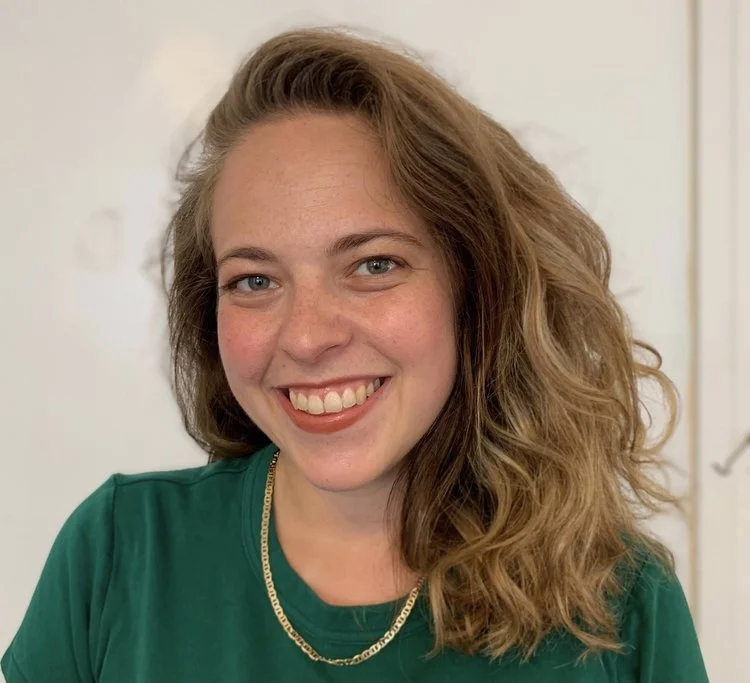
Emily Alexander
Clinical Research Lead, Project Manager
-
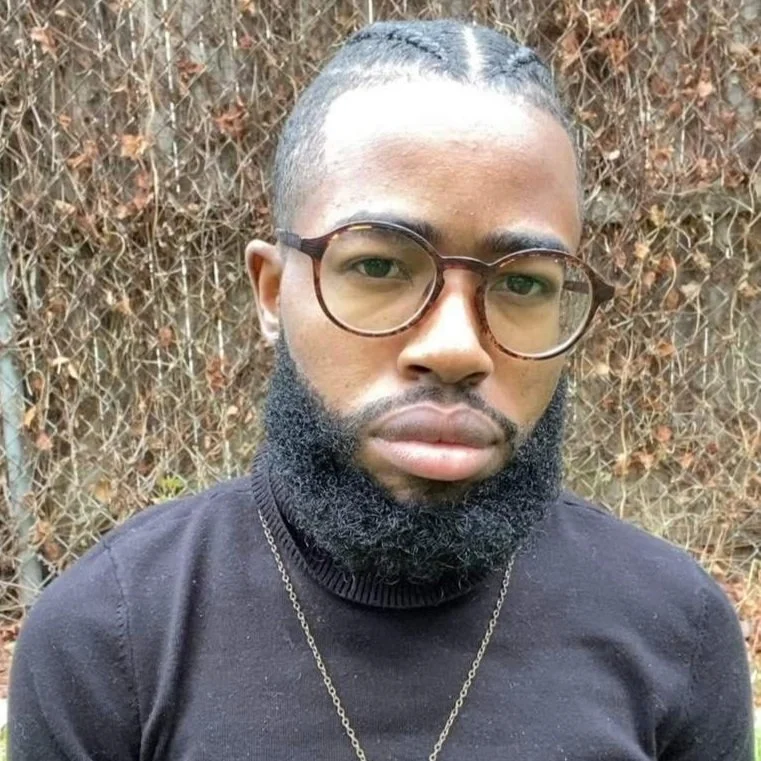
Kadeem Gayle
Health Coach
-

Ayoola Olubukola Ogunyimika, BA, MFAotA Student
Health Coach
-

Shantele K. Weaver
Research Associate Sr
-
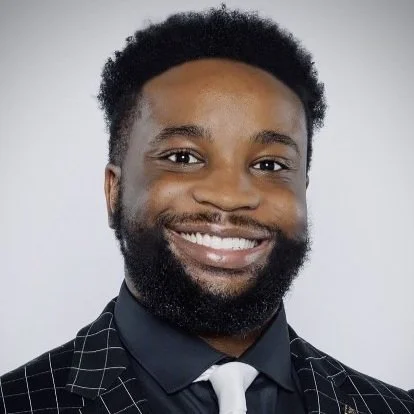
Joshua A. Daniel
Research Assistant III
